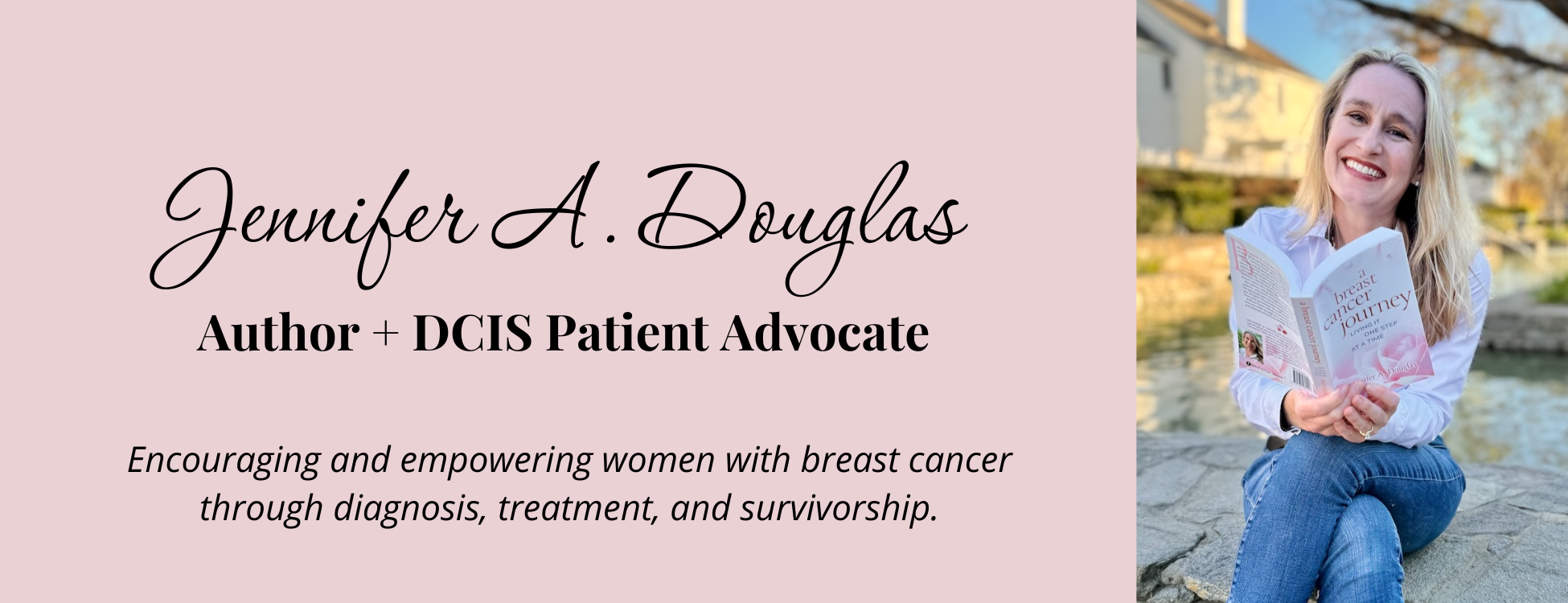
Get Your Mammogram- Regular Screenings Reduce Risk
If you are a woman over 40 and you haven’t scheduled your mammogram yet this year, I am here to urge you today to get that on your calendar now! I know the fear, hesitation, and dread that comes with getting the girls examined. But, ladies, it is time for us to conquer that fear and get that appointment on the calendar.
Important note: I am not a doctor or a health care provider! I offer you my opinion and experience, but I advise you to always consult a professional with your medical questions!
You are worth it!
It is all too easy for us to put our health on the back burner. We are busy. Taking care of the home, taking care of the kids, walking the dogs, going to work, cooking, cleaning, organizing. I get it! Plus, getting a mammogram is not high on our “want to do” list, let alone our “must do” list.
I’m going to share my story today with you to urge you to get that mammogram done as soon as you can. Mammograms have been the diagnostic tool of choice for radiologists for years because they can detect very small abnormalities. Finding those abnormalities early increases our choices in treatment, and allows us to take action early, before the cancer spreads. In fact, recent scientific studies have proven that getting regular mammograms reduces our risk of dying of breast cancer.
A brand new article, published in the “Cancer” Journal in May 2020 shows that there is a life saving benefit to getting those annual mammograms beginning at 40. (https://acsjournals.onlinelibrary.wiley.com/doi/10.1002/cncr.32859)
In plain language, getting annual mammograms beginning at age 40 reduces the risk of dying of breast cancer. Please, take this information to your doctor and discuss the correct screening for you. I am not a doctor or a medical professional, just a fellow woman, here to urge you to be healthy!
My Story:
I put off my first mammogram after 40 as well, for all the “right” reasons. I was too occupied with all my other obligations. It was midway through my 40th year when I got my first mammogram.
I was sure that I would get a call back because I have had benign breast lumps in the past. But, to my delight and surprise, I received a normal on my very first mammogram! I made sure to schedule my next one in a year, and then went along with my life.
July 2019 rolled around, and it was time for my second mammogram. I’d already been through one before, and I wasn’t nearly as worried. So, you can imagine my dismay and surprise when I needed to go back for follow up imaging.
It turns out that in the year between my first mammogram and my second, I had enough change in my breast to be diagnosed with early stage breast cancer. I had DCIS, which was diagnosed because there were calcifications on my mammogram.
These calcifications were not there the previous year on the mammogram.
I had no lump.
Had I not gone in for a mammogram, I would never had known that I had breast cancer. There was no way to catch it earlier. It had been found at stage 0. In fact, some providers will call what I had “pre-cancer”. It was the size of a grain of rice.
I was 41, and a breast cancer patient.
I never would have found this cancer on my own. Ultrasound wouldn’t have found it. The only way the doctors could see it was using a mammogram.
Early Detection Means Choices
Because I had my mammograms, I was able to have choices. It was found early. I was able to take time to choose my breast surgeon and implement a careful and thorough diagnostic process. I was able to keep my breasts and opt for a lumpectomy. I did not need chemotherapy. I still have my lymph nodes.
My friend, catching cancer early gives you options. Treatment for early stage cancer is a challenge, but it is nothing compared to the aggressive methods needed to treat stage 2 or 3 breast cancer.
Last week I just had my first mammogram and MRI after breast surgery and radiation. It was normal. They really got the cancer out. I breathed a huge sigh of relief when my imaging results didn’t need any further examination.
Would my stage 0 cancer have killed me if I didn’t find it?
I don’t know.
Maybe it would have stayed small. But, it could have grown, burst through the milk duct and become invasive.
I asked my surgeon about whether he thought waiting and watching would be a good option. But, with breast cancer, waiting means more treatment. We are still not able to know what is feeding the breast cancer. Certain types of breast cancer are slow growing and easily treatable. Others grow quickly and need more aggressive therapies.
If breast cancer is caught early, it is treatable. We can have it removed, and then continue on with our lives. There is always a risk of recurrence, but with early detection we have more options.
My forthcoming book shares in detail my imaging, diagnostic, and treatment of my DCIS. I hope that it will be a useful resource to you as you navigate your breast health.
I didn’t have a friend who had been through breast cancer that I could talk to, so I ended up reading many excellent books from doctors and survivors. I am excited to add my story to this community so that more women can be encouraged.
So, my friend, have you scheduled your breast imaging this year?
Can you make it a goal to get it scheduled before October 2020?
Let’s begin Breast Cancer Awareness month knowing that we have taken our breast health seriously this year.

Jennifer Douglas
Jennifer Douglas is an author, patient advocate, and DCIS breast cancer survivor. After navigating her own breast cancer journey in 2019, she began writing and encouraging others who were newly diagnosed. Her resources include her book, "A Breast Cancer Journey: Living It One Step at a Time," and her online support course, "Encourage: Breast Cancer and Beyond." Jennifer also actively supports patients through her online presence and direct involvement in communities and support groups, offering guidance and encouragement every step of the way.


You May Also Like

It’s Been Two Years Since I Finished DCIS Treatment-It feels Like Forever Ago, and Just Yesterday
December 23, 2021
Ten Tools I Used To Walk Through Cancer Anxiety
March 16, 2021

2 Comments
Barbara
Thank the Lord for your early detection and treatment! I’m so glad you are doing well! Many blessings, as you edit your book…
Jennifer Douglas
Thank you so much! We are so grateful for the early detection and the excellent medical care I had. It was a difficult fall as I underwent treatment, but I’m so happy it was caught so early!